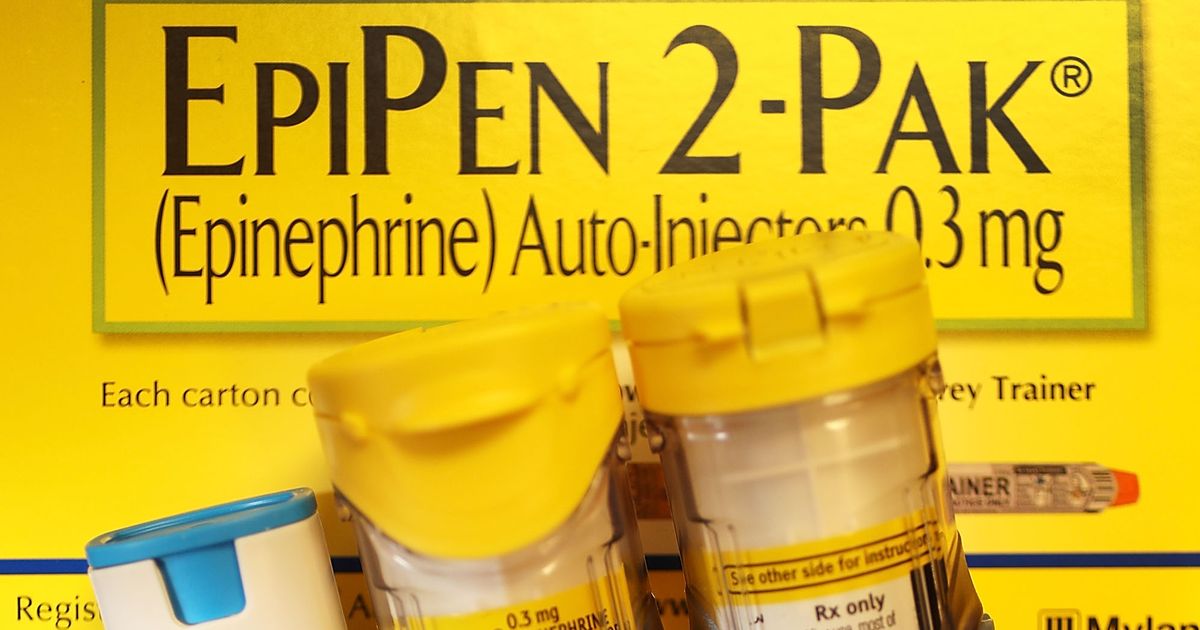Month: August 2017
-

Still the New Guy with Mayor Howard Rubenstein, M.D.
SARALAND – A native of Chicago, Howard Rubenstein moved to Saraland in 1985 after he completed his residency. He dabbled in civic organizations at first before diving in head first as he learned just how much he enjoyed his community and the people in it. A thriving family practice, to the Lion’s Club, to the…
-

CMS Cancels Some Bundled Payment Proposals
CMS released a proposed rule that reduced the number of mandatory geographic areas for the joint bundled payment program and cancels the cardiac bundled payment program model. In response to the cut, the American College of Cardiology released a statement indicating the ACC “will continue to work with CMS on opportunities for clinicians to participate…
-

Fewer Physicians Could Be Audited under a New CMS Program
Fewer physicians will undergo audits under a new Medicare claims review process, according to a Centers for Medicare & Medicaid Services announcement. CMS will roll out a new approach to claims review nationwide targeting fewer providers and requiring review of fewer claims. The new policy, to take effect later this year, makes it less likely…
-

Physicians Maintain High Standards
By the time this article goes to print, a lot could change, so there’s no apparent use in guessing what will come of the next Repeal and Replace efforts or what’s happening at Main Justice. Nobody knows. The only certainties from Washington are that there will be change in the payment and insurance models, and…
-

Association Voices Concern with MOC in Letter to ABMS
Earlier this year, the Association’s House of Delegates passed a resolution formally opposing additional Maintenance of Certification requirements as dictated by the American Board of Medical Specialties and the American Osteopathic Association. While it was agreed that the need for continuing medical education to improve the quality of care, the expense and clinically irrelevant process…
-

Mylan Finalizes Settlement Agreement on Medicaid Rebate Classification for EpiPen® Auto-Injector
The Centers for Medicare & Medicaid Services announced an agreement with Mylan regarding the classification of EpiPen in which Mylan will reclassify EpiPen as a brand name drug consistent with the Medicaid statute and regulations. In addition, Mylan has agreed to use the correct reference price of the 3rd quarter of 1990 for the purpose…
-

Alabama Medicine Magazine Receives International Award
Alabama Medicine magazine has received the 2017 APEX Award for Publication Excellence. APEX 2017 is the 29th Annual Awards for Publication Excellence based on excellence in graphic design, editorial content and the ability to achieve overall communications excellence. This international competition is sponsored by Communications Concepts. There were 1,361 entries evaluated in 11 major categories…
-

Public Health Warns of Increased Pertussis Cases in Alabama
The Alabama Department of Public Health’s Immunization Division is warning citizens that pertussis cases are significantly higher in Alabama and continue to be on the rise. Immunization data reveals an increase from 113 reported cases in 2016, to 151 reported cases thus far in 2017. Pertussis cases have occurred statewide in 2017, including multiple outbreaks…
-

Physicians Can Now Apply for Hardship Exception for QPP
Physicians who have insufficient internet connectivity, “extreme and uncontrollable” circumstances or lack of control over the availability of certified electronic health record technology can begin applying for a hardship exception from the Quality Payment Program (QPP) requirement. The exception is for physicians eligible to participate in the Merit-based Incentive Payment System (MIPS). Hospital-based physicians are…
-

Is Your HIPAA Contingency Plan Adequate?
Your response to this question may include one of the following answers: What in the world is a Contingency Plan? I think we did that, but I’m not sure where it is. I know we did one a while back, but we haven’t looked at it in a while. If any of these responses sound…